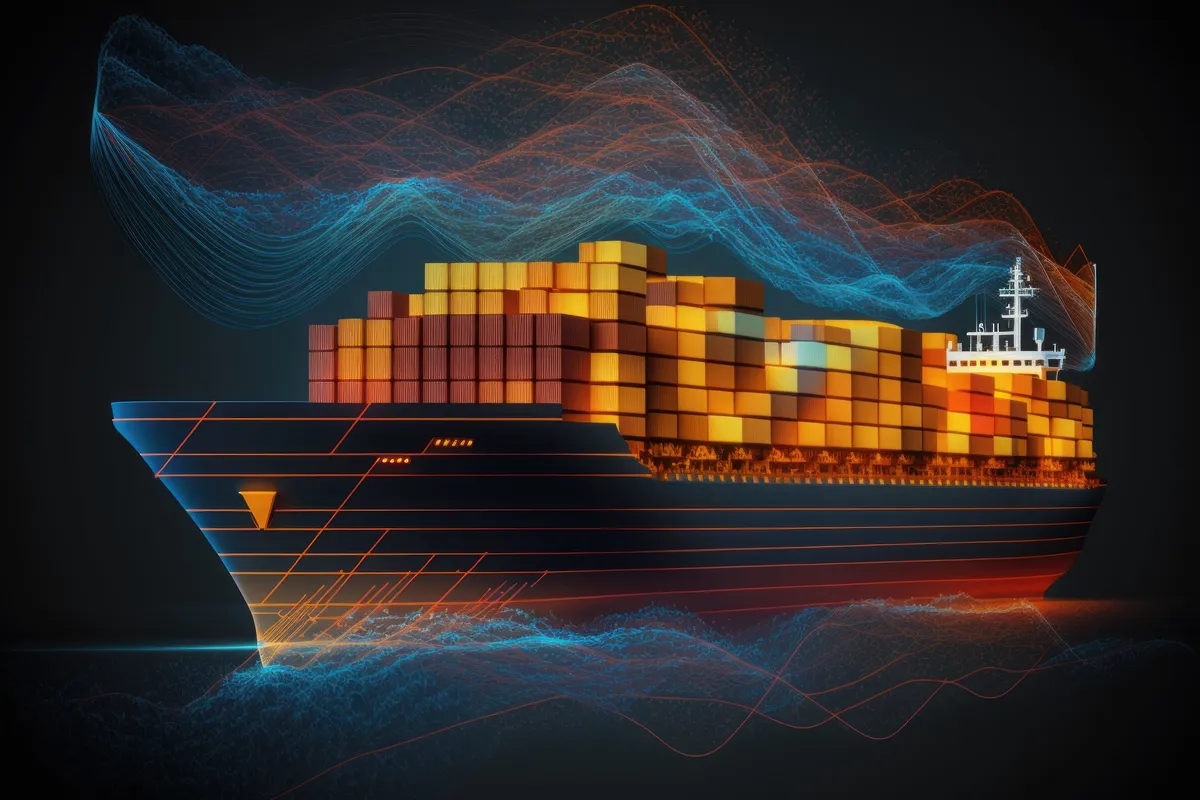The International Maritime Organization issued the updated Guidance on Ballast Water Record-Keeping and Reporting in 2024 as part of its ongoing efforts to assist ships in complying with the International Convention for the Control and Management of Ships' Ballast Water and Sediments, 2004 (BWM Convention). This guidance aims to clarify the record-keeping and reporting process for ballast water management, ensuring that ship operators understand how to accurately complete required documents and comply with the Convention.
The updates were approved during the 80th session of the Marine Environment Protection Committee (MEPC) in July 2023, and further revisions were made at the 82nd session in October 2024. These revisions specifically address the recording of ballast water operations in challenging water quality conditions, in line with the interim guidance (resolution MEPC.387(81)) on applying the BWM Convention to ships operating in such conditions.
The IMO’s updated guidance includes the following key components:
- Ballast Water Record Book: The guidance provides detailed instructions on when and how to record ballast water operations in the Ballast Water Record Book. This includes noting operations like ballasting, deballasting, and ballast water treatment. The guidance also outlines how long records should be stored and in what format.
- Ballast Water Reporting Form: The circular includes an example of the Ballast Water Reporting Form, which ships must submit to authorities. This form tracks critical data about ballast water operations, such as locations, quantities, and whether treatment was applied. The guidance provides step-by-step instructions on how to complete this form properly.
- Voluntary Tank-by-Tank Log: Ships can also maintain a voluntary tank-by-tank log to record ballast water operations in more detail. This log can help ship operators monitor ballast water treatment on a per-tank basis and provide supplementary information to the Ballast Water Record Book. The guidance offers instructions on how to maintain this log.
- Challenging Water Quality Scenarios: The revised guidance specifically addresses operational scenarios where ships face difficult water quality conditions (e.g., brackish or polluted waters). These updates help ships record and report ballast water operations accurately even in these challenging environments.
The updated circular, identified as BWM.2/Circ.80/Rev.1, revokes the earlier version (BWM.2/Circ.80) and provides new, revised templates and examples. These include:
- Appendix 1: Example entries for the Ballast Water Record Book.
- Appendix 2: A filled-out example of the Ballast Water Reporting Form.
- Appendix 3: A sample of the voluntary tank-by-tank log.
Member governments are encouraged to disseminate this guidance to all relevant stakeholders to ensure compliance with the BWM Convention. By providing clear instructions and templates, the IMO seeks to help shipowners and operators maintain accurate records and avoid the spread of harmful aquatic species through ballast water.
LINK TO ACCESS THE DOCUMENT

Sign up for our newsletter
It's free. No spam. Cancel anytime.







Related News
IMO releases IACS feedback on FRP guidelines for ships
Dec 05, 2024
IMO updates guidelines for NLS tank cleaning additives
Dec 03, 2024
Most important regulatory news published in the last week
Dec 03, 2024